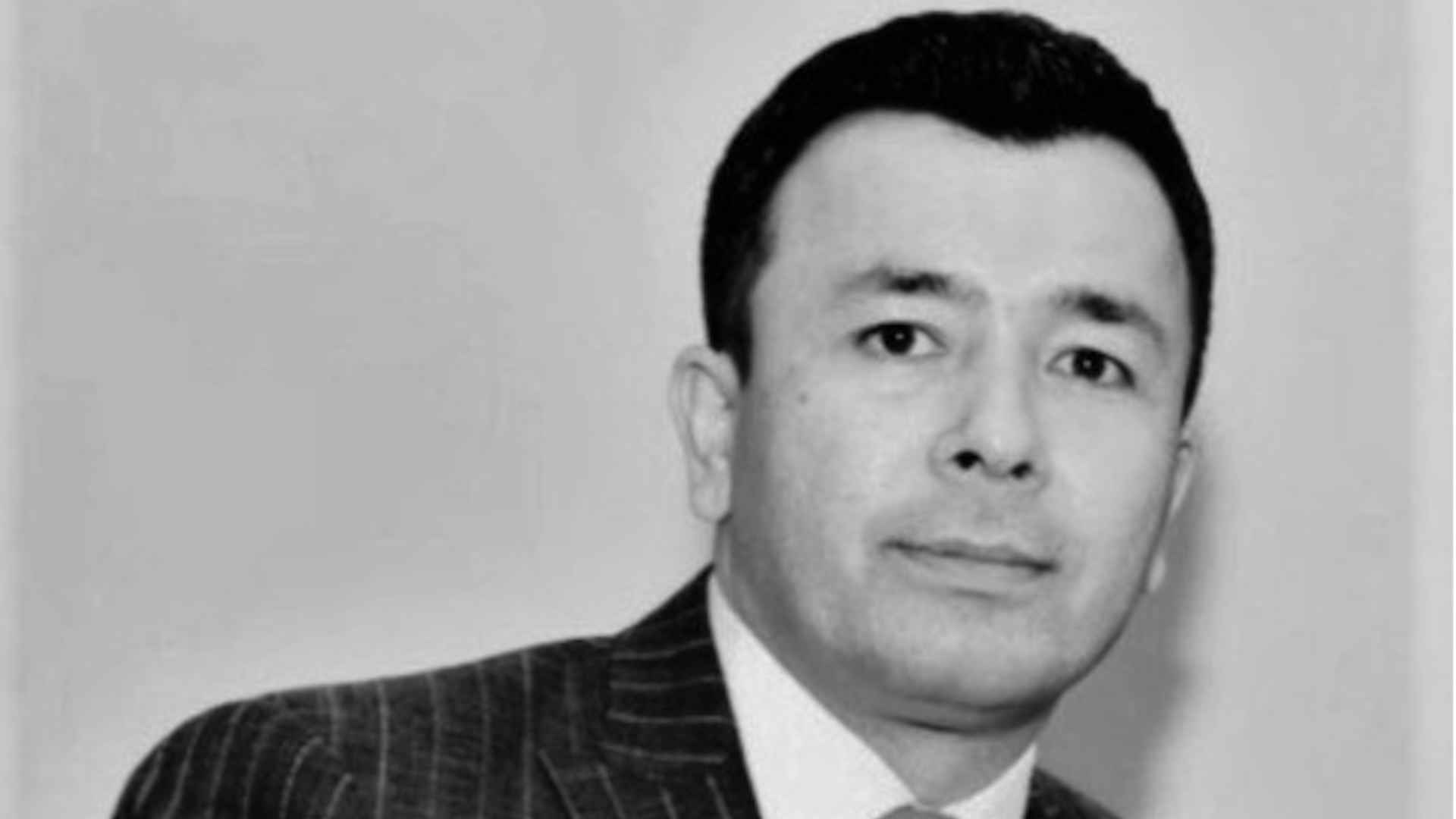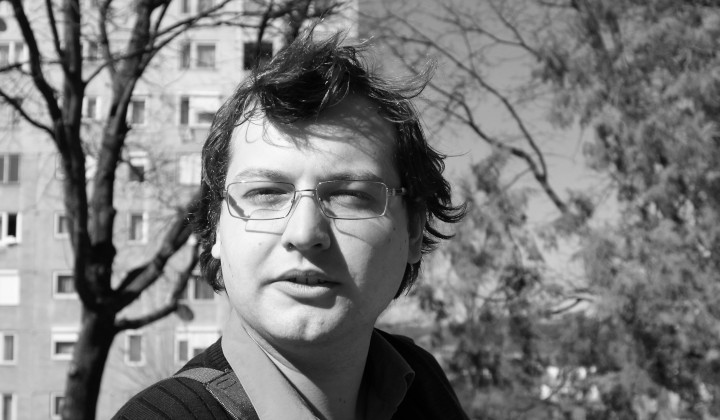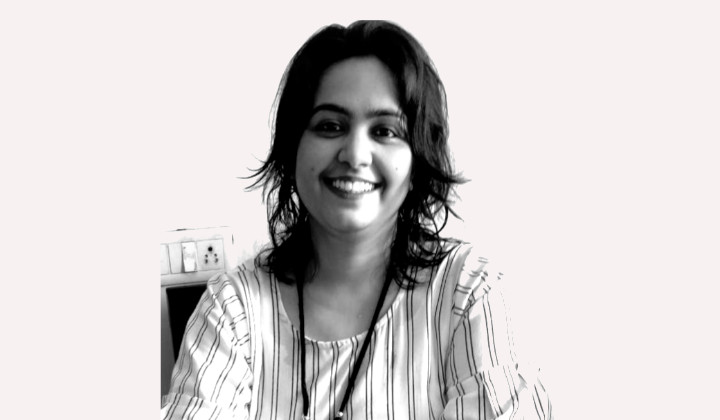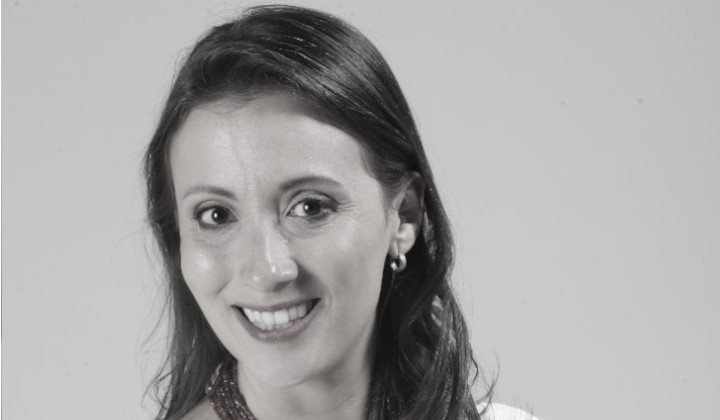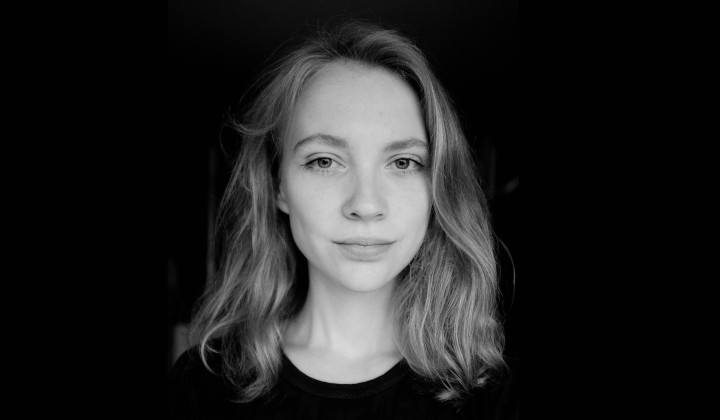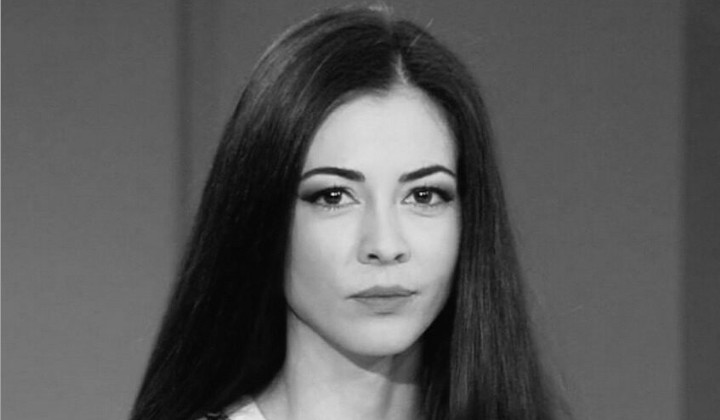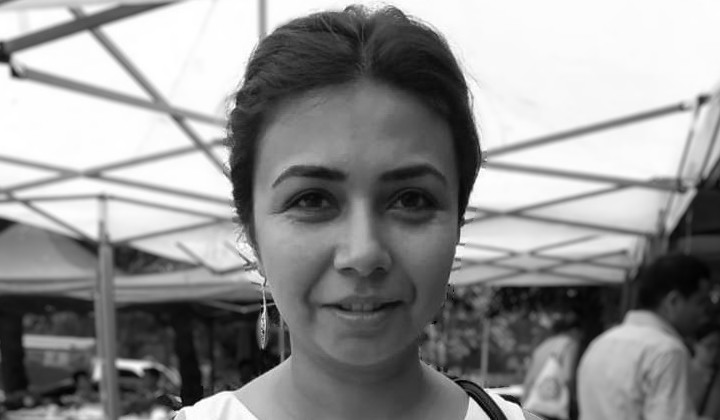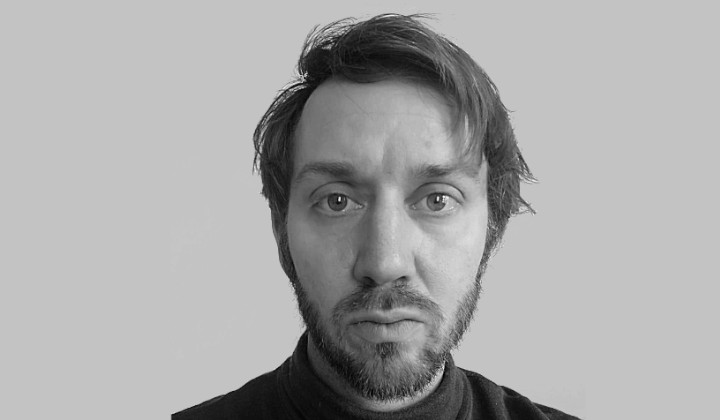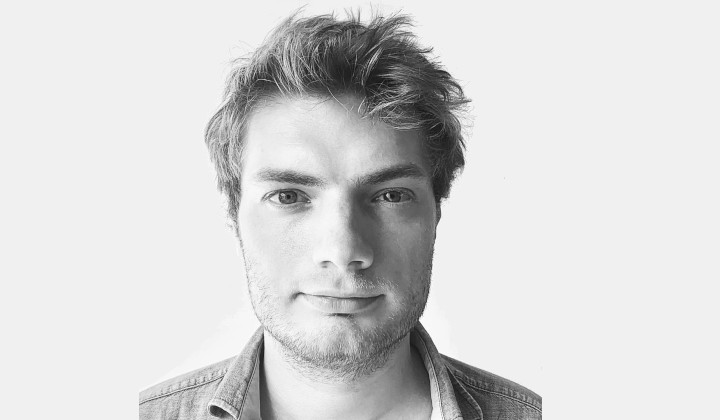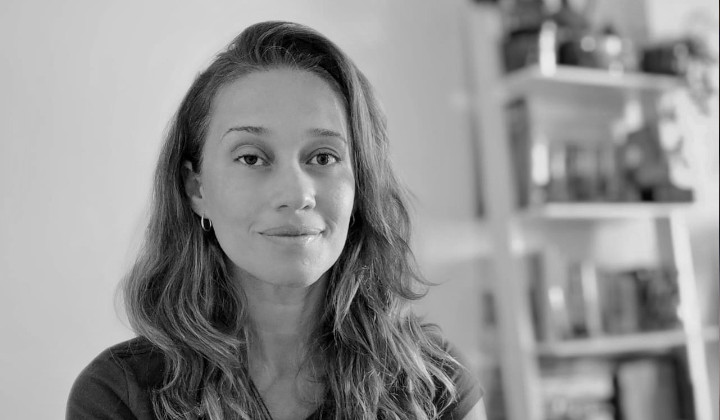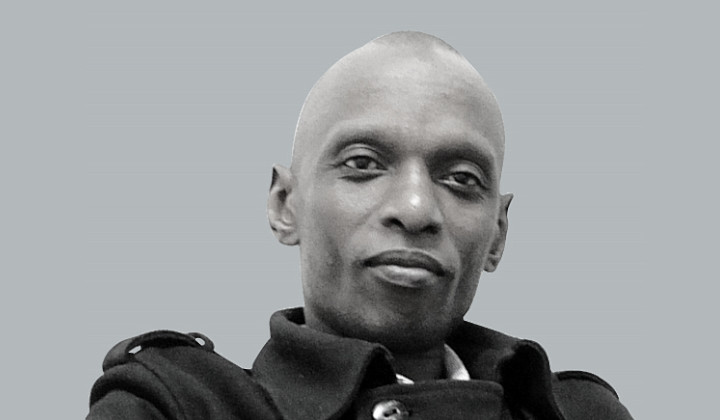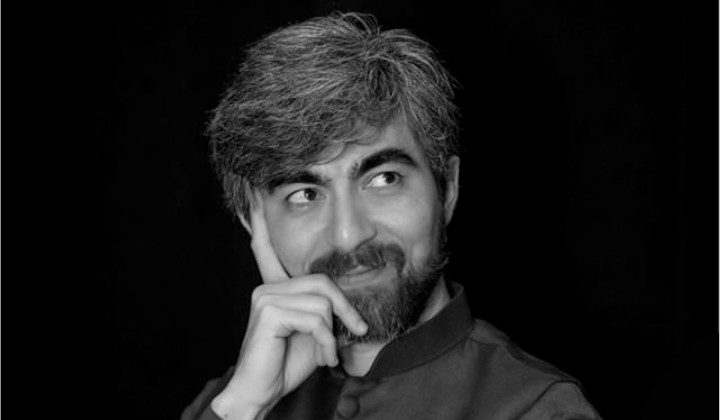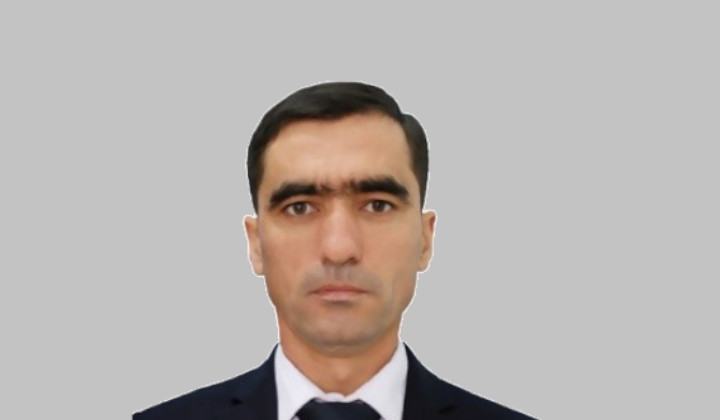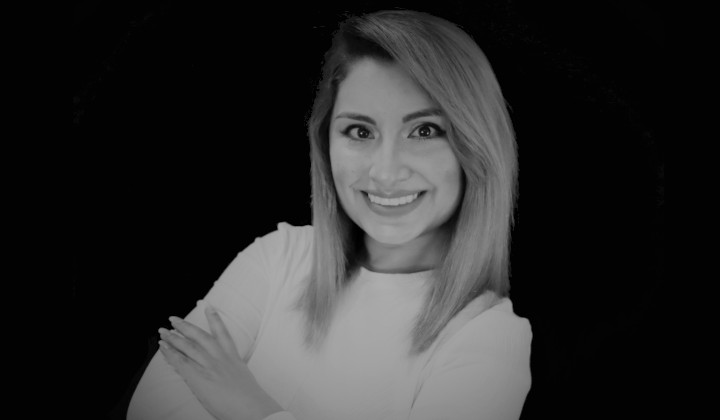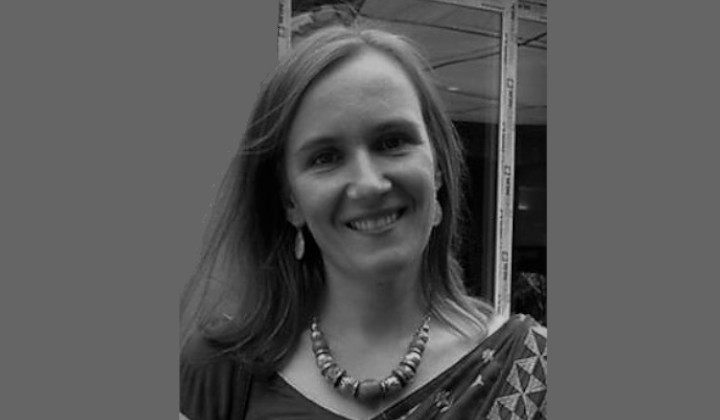Roland Aouad
Beirut | 2020
written by

Lisa Schneider
Roland Aouad calls from Beirut.
He’s well, he said, despite coronavirus and the revolution.
“We have survived worse,” Aouad said.
Lebanon has been up in arms for months and what started as an ember has erupted into a burning fire. The igniting spark was a proposed tax on phone calls made on WhatsApp, which many saw as a desperate attempt to generate tax income for a state so broke The Economist ranked its financial strength below Zambia and just before Venezuela.
Since then, it has changed, but it could be generally said, not for the better. To understand the dynamic of the country, one must look back into history. After seeing many empires — Romans, Mamlukes, Ottomans — Lebanon gained its independence from France in 1943 and slowly entered a phase of social and economic prosperity.
Called the “Paris of the South,” Beirut became a hotspot of glitz. The Arab and international jet set twirled in and out of the country, while its banking secrecy laws made it known as the “Switzerland of the East.” This changed after the Palestine Liberation Organization was expelled from Jordan. Many of its devotees moved north, to Lebanon, increasing sectarian tensions between Christians and Muslims, which had existed before but largely laid dormant.
In 1975, hell broke loose, and it lasted for 15 years. The civil war was fought between Muslims and Christians along with Shia and Sunni, each of whom supported by affiliated powers. Even after it had ended, peace became fragile.
“Close your eyes and imagine missiles falling on your house,” Aouad said. “You’re 5 years old. You don’t know where to go. Your mother holds your hands. You go down the stairs, trying to find a safe corner, hoping it won’t be hit.“
Now in his 40s, Aouad grew up in the war and its aftermath, and while these memories remain painful, he is certain they shaped him:
“This same hell has made me who I am today,” Aouad said. “Beside the fear, it taught us to be fighters, to face any obstacle, in life and in our careers, and to always rise again.“
The childhood dream of becoming a doctor eventually shifted to following his natural strength:
“I’m a creative guy, through and through,” Aouad said.
With a bachelor’s degree in radio and television, he set out to become a media professional, moving his way up from editing to planning and producing to developing and then to management. To mostly work on entertainment programs, and less on news broadcasting was a conscious decision.
“Creativity is my passion and talent,“ Aouad said.
But there was another reason.
“Journalism is never neutral,“ said Aouad, carefully choosing his words. “And I don’t want to bear the responsibility for the content chosen to air or how a story is told.”
Aouad said that media have perfected the art of lying, but then he asked that not be written down.
When taking a closer look at the Lebanese media sector, it seems however difficult to disagree with his views.
In 1992, after active fights had ceased, the newly founded parliament of Lebanon passed the Law of General Amnesty, enabling war criminals of various sects to move on in life as politicians and influential business and media owners. As sectarian groups freely mixed and coexisted in private life, Lebanese politics stayed divided along religious lines. So did the media landscape.
Many television broadcasters are linked to and represent the views of a political party and a corresponding religious sect. Although these lines are getting more and more blurred, media outlets are not only entertainment and news providers, but also political instruments.
For example, in 2008 the government set out to revoke the TV license of Hezbollah, a Shia party with an armed militia wing, which was then part of the opposition. Hezbollah supporters responded, marching to the center of Beirut armed and demanding the decision be reversed. The following clashes between government and opposition supporters drove the country to the brink of civil war — yet again.
With the rise of the Internet, Lebanese media was faced with similar difficulties as in any country. There were fewer consumers meaning less revenue with content going viral on social media. Also, the war in Syria led to instability in the region. Clients from outside the country, many from the Gulf, stopped assigning projects to Lebanese companies.
Aouad said he remembered this time well.
“They started cutting down on jobs, but we managers still had good salaries,” Aouad said. “And one day, that was over too. Before, we had the best agencies, the best creatives. Media from all over the Arab world would outsource their productions to Lebanese companies. I did many amazing projects.“
Like anything in life, Aouad took this it as a challenge to reinvent himself.
“I’m a phoenix, you know,“ Aouad said. “And it’s important for me to know everything about the field I’m working in, so I decided to get more into management and did an MBA.“
Aouad has since become an all-rounder, working in communications and business development. Right now, he is funding his own company as a business consultant and concept creator.
“Always keep moving,“ Aouad said. “Always have faith.”



